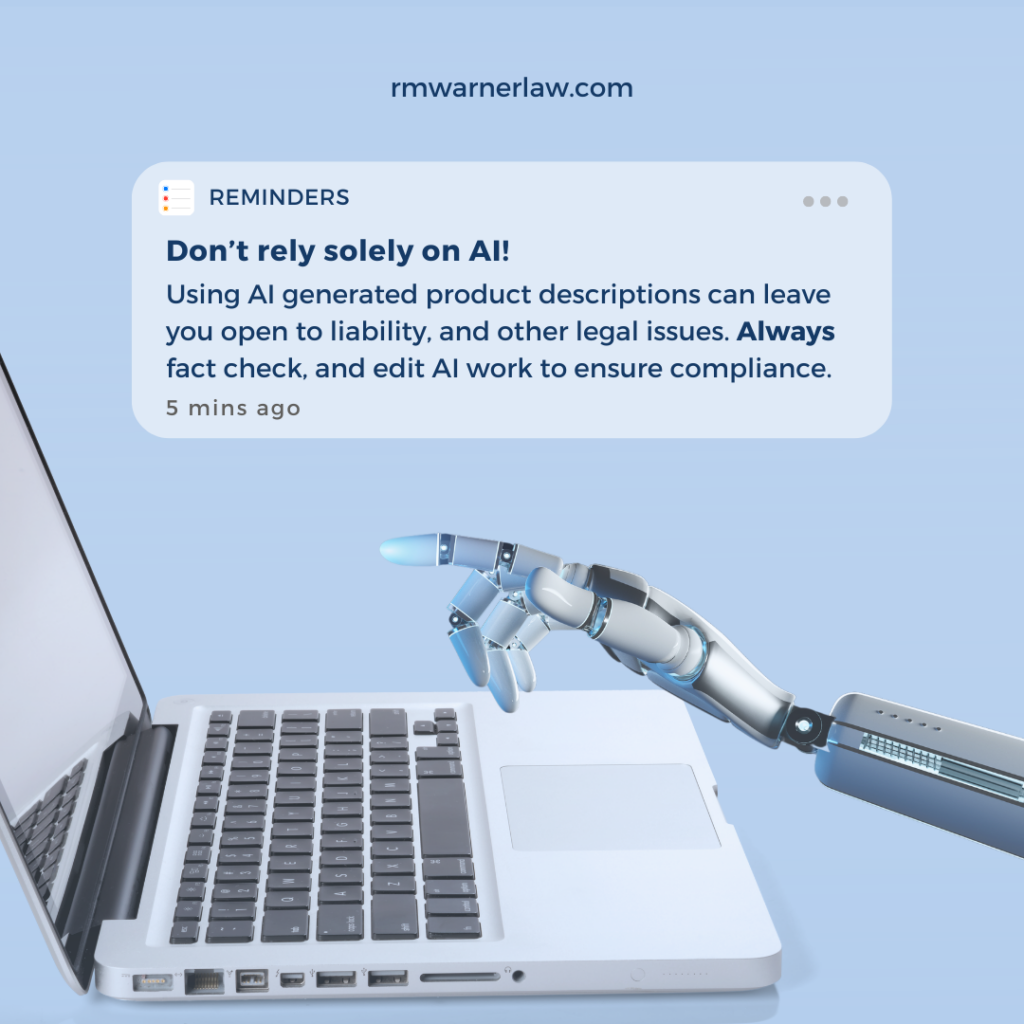What Are the 7 Types of E-Commerce?
What Are the 7 Types of E-Commerce?

Electronic commerce, or e-commerce, refers to the buying and selling of goods and services over the internet. In today’s interconnected world, e-commerce and Artificial Intelligence (AI) have emerged as a transformative force, revolutionizing how businesses operate and consumers shop. As AI continues to advance and display its capacity to analyze vast datasets, it is progressively being incorporated into the e-commerce sector and conventional business practices. So, how does Artificial Intelligence (AI) play a part in the e-commerce industry? And what are the 7 types of e-commerce?
The 7 Types of E-Commerce
Below, we’ll explore the 7 types of e-commerce and how AI could affect its framework, bringing about unique challenges and opportunities.
1. Business to Consumer (B2C)
This variation of e-commerce involves businesses selling products or services directly to individual consumers through online platforms like Amazon and eBay. AI-driven algorithms enable businesses to provide personalized shopping experiences to customers by analyzing consumer behavior and preferences.
This level of personalization raises concerns about data privacy and security. It is best practice for online businesses to consult with their e-commerce lawyer to ensure that customer data is collected and used ethically and in compliance with data protection regulations.
2. Business to Business (B2B)
This focuses on transactions between businesses, where companies sell products or services to other businesses through online channels (for example, Alibaba’s B2B Marketplace and Magento). AI’s integration in B2B e-commerce can streamline intelligent contract management systems and facilitate automated contract negotiations and execution. However, these AI-powered systems must be designed with up-to-date information on business law practices to maintain transparency and accountability, ensuring businesses remain legally compliant. Even then, we still wouldn’t recommend handling contracts without the help of an experienced business lawyer.
3. Consumer to Consumer (C2C)
This involves individuals selling products or services directly to others through online platforms, thus facilitating transactions between private parties like Etsy, Facebook Marketplace, and Instagram. C2C sellers often leverage AI platforms to write their product listings, this practice is risky and can expose sellers to legal liability issues. An e-commerce lawyer can provide insight into the legal framework needed to ensure you are following the proper advertising guidelines.
4. Consumer to Business (C2B)
C2B e-commerce is an inverse of the traditional B2C model. In C2B, individuals offer their products or services to businesses or organizations. This variation is particularly prevalent in the gig economy, where freelancers sell their expertise, services, or sponsored content to companies seeking specialized talent, such as Upwork and Fiverr.
A knowledgeable and experienced e-commerce lawyer can help to vet AI generated content to ensure they follow the correct rules and regulations.
5. Business to Government (B2G)
B2G e-commerce revolves around transactions between businesses and government entities. In this model, companies bid on government contracts and supply goods or services to meet specific public sector requirements.
6. Government to Consumer (G2C)
G2C e-commerce refers to the digital interactions between government entities and individual citizens. Through online portals and government websites, citizens can access a wide range of services, such as paying taxes, obtaining permits, renewing licenses, and accessing public information.
In B2G and G2C e-commerce, AI facilitates interactions between businesses, consumers, and government agencies. AI-powered e-government services streamline administrative processes and enhance citizen engagement. An e-commerce lawyer is crucial for understanding legal jargons and potentially confusing directions provided by automated systems.
7. Mobile Commerce (M-commerce)
M-commerce refers to e-commerce transactions conducted through mobile devices like smartphones and tablets. Retailers and businesses have adapted by optimizing their websites and creating dedicated mobile apps to provide a seamless shopping experience. Mobile payment systems, such as Apple Pay and Google Pay, have further facilitated the growth of M-commerce. An e-commerce lawyer ensures that businesses have the right data protection technology to ensure consumers’ data security.
Your E-Commerce Lawyers in Arizona
The AI revolution is reshaping e-commerce for businesses and consumers. However, with these advancements come a host of legal challenges. RM Warner Law’s team of corporate and online business lawyers keep abreast of the rapid changes and trends in e-commerce law to ensure that your company maintains its consumers’ data privacy and complies with e-commerce law practices.
Complete our contact form or call 1-866-570-8585 for a consultation.
Similar like this
You also might be interested in
What Cyber Harassment Means in Arizona
Cyber harassment in Arizona includes hostile online messages and coordinated [...]
Understanding Anonymous Defamation: How It Happens Online
Anonymous defamation occurs when false statements are made about a [...]
Why Influencer Lawsuits Are on the Rise: And What It Means for the Industry
The influencer marketing industry has grown significantly over the past [...]
How to Remove Defamatory Content from the Internet: Legal Options Explained
In today’s digital world, defamatory content can spread quickly online, [...]






